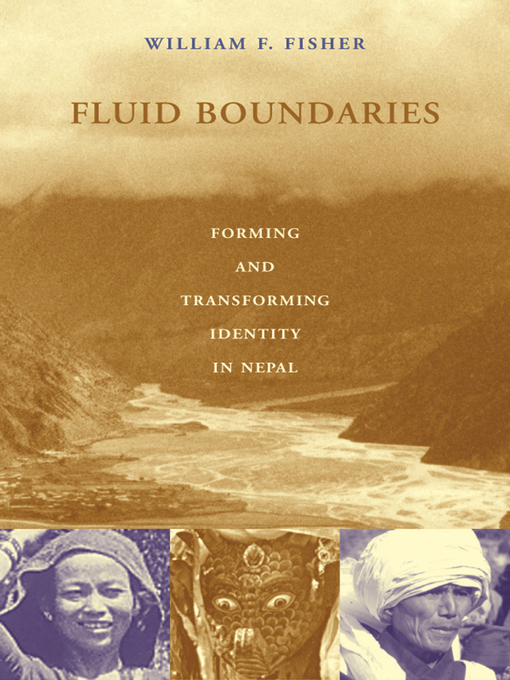More than an ethnography, this book clarifies one of the most important current debates in anthropology: How should anthropologists regard culture, history, and the power process?
Since the 1980s, the Thakali of Nepal have searched for an identity and a clarification of their "true" culture and history in the wake of their rise to political power and achievement of economic success. Although united in this search, the Thakali are divided as to the answers that have been proposed: the "Hinduization" of religious practices, the promotion of Tibetan Buddhism, the revival of practices associated with the Thakali shamans, and secularization.
Ironically, the attempts by the Thakali to define their identity reveal that to return to tradition they must first re-create it—but this process of re-creation establishes it in a way in which it has never existed. To return to "tradition"—to become Thakali again—is, in a way, to become Thakali for the very first time.
- Available now
- New eBook additions
- New kids additions
- New teen additions
- Most popular
- Try something different
- See all
- Available now
- New audiobook additions
- New kids additions
- New teen additions
- Most popular
- Try something different
- See all
- Golden Dome Book Award 2024-2025
- The Red Clover Book Award 2024-2025
- Green Mountain Book Award 2024-2025
- Green Mountain Book Award 2023-2024
- Vermont Golden Dome Book Award 2023-2024
- Red Clover Book Award 2023-2024
- Vermont Golden Dome Book Award Master List 2022-2023
- Green Mountain Book Award 2022-2023
- Green Mountain Book Award 2021-2022
- Vermont Golden Dome Book Award Master List 2021-2022
- Dorothy Canfield Fisher 2019-2020
- Dorothy Canfield Fisher 2018-2019
- Green Mountain Book Award 2017-2018
- See all

